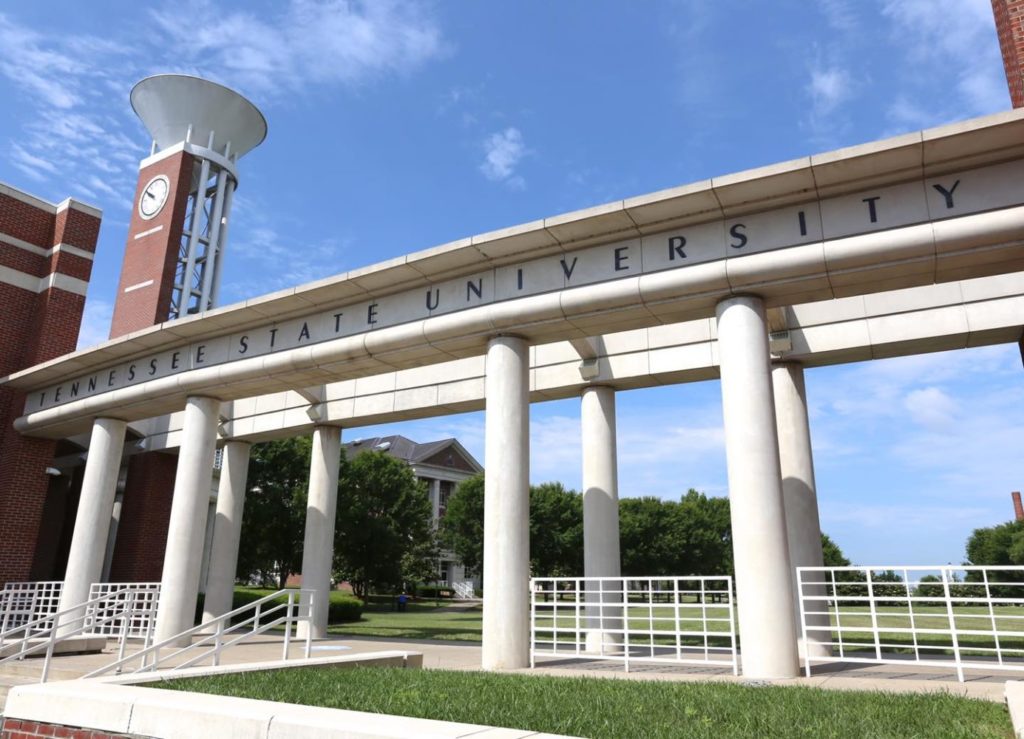
A Tennessee State University basketball player has already scored an endorsement deal following the NCAA’s interim rule change allowing student-athletes to earn money from their name, image and likeness.
Hercy Miller, 19, who’s also the son of famous music artist Master P, is expected to earn $2 million from tech company Web Apps America.
The endorsement rules could shake up the college sports world, says Lipscomb University athletic director Philip Hutcheson. That’s in part because the opportunity for deals could make smaller colleges more attractive.
“You may have a highly touted recruit who goes to a school, and maybe a larger place, in thinking that’s going to help them. Then, maybe they don’t get to play as much, or maybe they don’t have the success they hoped for,” Hutcheson says. “Then they decided, ‘Well maybe I’d rather be a bigger fish in a different pond.'”
Hutchenson says a lot of athletes will be under the assumption that they can make a lot of money. But the reality is many students won’t. He says companies may be more likely to make deals with students who have large social media followings.
The new policy has garnered support from universities, including Middle Tennessee State University in Murfreesboro and Austin Peay State University in Clarksville. In May, Tennessee Gov. Bill signed a bill allowing student-athletes to be paid. It won’t go into effect until January 2022.
All three NCAA divisions adopt interim name, image and likeness policy:
— NCAA (@NCAA) June 30, 2021

